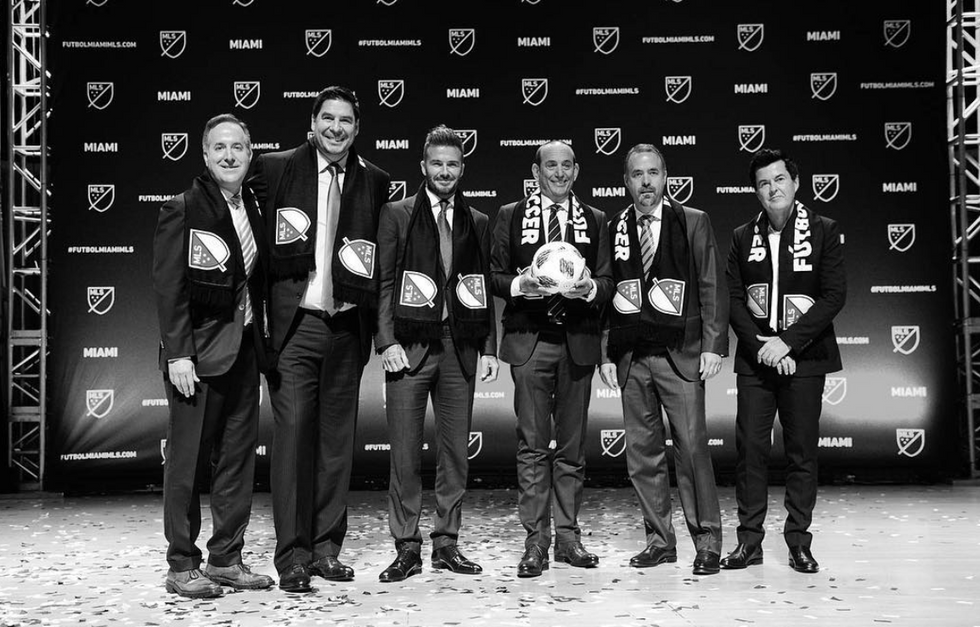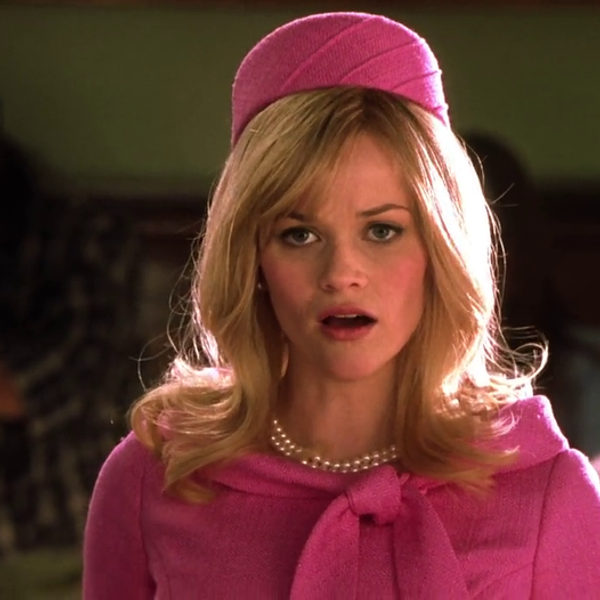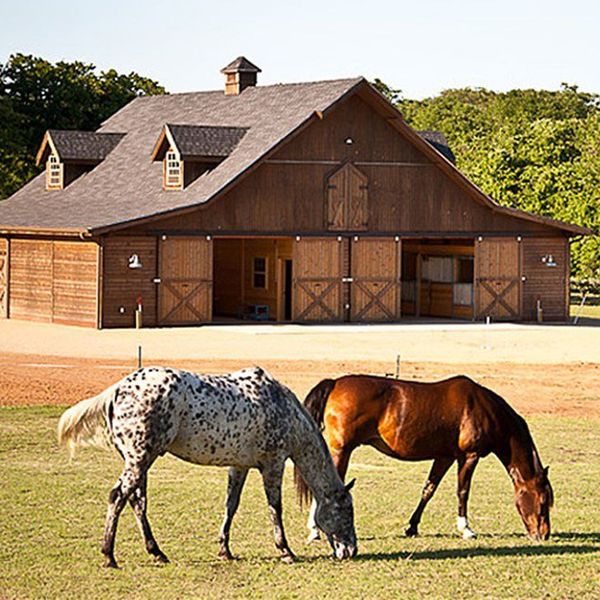Okay, this was a huge week for the soccer (whoops, I mean futbol) community in South Florida, as David Beckham has announced an expansion franchise in Miami of his owning will join the MLS, starting play in 2020. It has been a long road to this day, starting ever since the Miami Fusion folded in 2002. Between then and now, the MLS has exploded, by more than doubling the number of teams it has in less than a decade-and-a-half, including expansion in cities such as Orlando, Atlanta, and Nashville.
Beckham has tirelessly pursued an expansion franchise here in the magic city. While there has been mutual interest between both Beckham and local authorities for years, the stadium and land issue was a big roadblock, one that took years to settle.
Stadiums have always been a controversy in the Miami sports industry. The two that stick out to most Miamians is the Orange Bowl demolition and the construction of Marlins Park. The historic and beloved Orange Bowl was replaced by the gaudy and superficial new home of the Miami Marlins, which cost taxpayers billions of dollars against their own will.
Beckham had to be careful not to make the same mistake. The original idea was to build the new soccer-specific stadium on the barrier island between downtown and South Beach, but it was not a popular plan among the cruise ship industry, as most cruise lines use the island as their port of call and the stadium would have caused operational headaches for both sides.
Plan B was moving directly into downtown. Beckham and his management group targeted the Museum Park area, close to the Miami Heat's American Airlines Arena. But local residents balked at the idea, so Beckham non-confrontationally changed plans again.
Places such as FIU, Tropical Park, and even Marlins Park were not ruled out. But Beckham and the city would eventually agree to build the stadium in the Overtown district to the northwest of downtown. The city, the people, and the ownership group all seem to be able to get behind this idea.
But do they have the best interests in mind for Overtown's residents? The district has dealt with a long history of riots and poverty, but many feel the area is undergoing a cultural rebirth. The people could see this as a tool for economic development in their neighborhood, but it could also be yet another example of the gentrification seen in places like Wynwood, that was not at all unlike what Overtown was a recently as 15 years ago.
The answer will not be clear until the stadium is open and the team is underway with their matches. As with many social issues today, there will be conflicting viewpoints on how sports and sport issues affect developing neighborhoods.
At the end of the day, however, Miamians have an MLS team for the first time in a long time to call their own. It should be fascinating to see the Latin fusion in the fanbase because while Miami has been a melting pot of Latin America, it has been home to many different nationalities, who's support still lies in the teams back where they or their decendents may have came from. MLS in Miami will provide the chance for millions of people, both of Latino and non-Latino decent, to support their city under one, united umbrella.
















